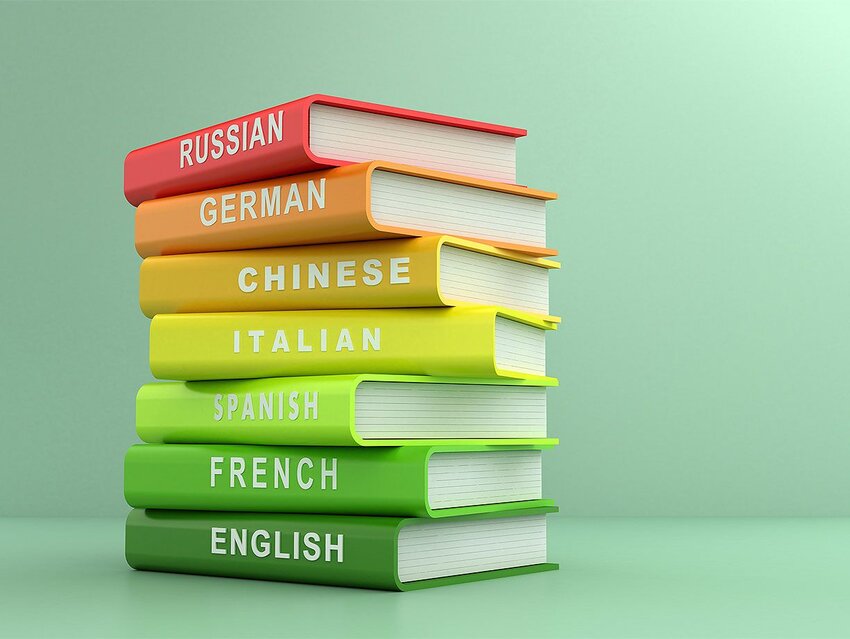English is a pretty magnificent language, and it offers a lot of opportunities for invention. That said, there’s a world of other languages out there, and many of them have words that don’t translate directly to one English term. Here’s a selection of useful words that just don’t have an equal in English.
Schadenfreude
This German word is pretty popular among English speakers already, and can be found in some English-language dictionaries. It refers to a feeling of enjoyment or pleasure that comes from hearing about the misfortune of others — not exactly the kindest thing, but still an interesting word.
Sobremesa
This Spanish word means “the moment after eating a meal when the food is gone but the conversation is still flowing.” Don’t let the looming threat of dirty dishes or a server hovering with a bill shorten your enjoyment of a sobremesa.
Yūgen
From Japanese, this word attempts to articulate the concept of the “profound, mysterious sense of the beauty in the universe… and the sad beauty of human suffering.” The exact translation depends on the context.
Hygge
Here’s another popular one that has grown fairly commonplace in English usage, mostly due to social media. Hygge is a Danish word referring to coziness, particularly in the context of “relaxing with a few friends and loved ones while having a meal or some drinks.” In English, it tends to refer to anything cozy and comfy in cold weather — your new slippers may be an example of hygge.
Uffda
This Swedish exclamation is meant to communicate sympathy. One uses it when seeing another person in pain. It’s pronounced “OOF-dah,” and is meant to indicate “I’m sorry you hurt yourself.”
Fargin
The Yiddish word fargin means to wholeheartedly appreciate the success of others, as opposed to taking pleasure in their misfortune. In some ways, this is the opposite of schadenfreude.
Tartle
The Scots have a very useful verb that means “to hesitate in recognizing a person or thing” — but more specifically, “tartle” is used to indicate that you’ve forgotten the name of someone you’ve been previously introduced to. “I’ve tartled your name — can you remind me?”
Saudade
This Portuguese word refers to “melancholic longing or nostalgia for a person, place, or thing that is far away from you.”
Iktsuarpok
In Inuit, iktsuarpok describes the irritation that comes with waiting for someone to show up — for example, that friend who’s always late.
Pochemuchka
This Russian word refers to a person who asks too many questions. Keep this one in mind the next time you’re in a Zoom meeting that won’t end because of that one person — you know the pochemuchka.
Pålegg
English really should have an equivalent for this Norwegian word. It means “anything that would go in a sandwich,” such as condiments or lunch meat.
Prozvonit
This is a Czech word that may be obsolete in the days of unlimited data plans. It describes when you call a phone and let it ring once, so the person on the other end can call you back and you don’t have to use your minutes.
Feature image credit: Warchi/ iStock

